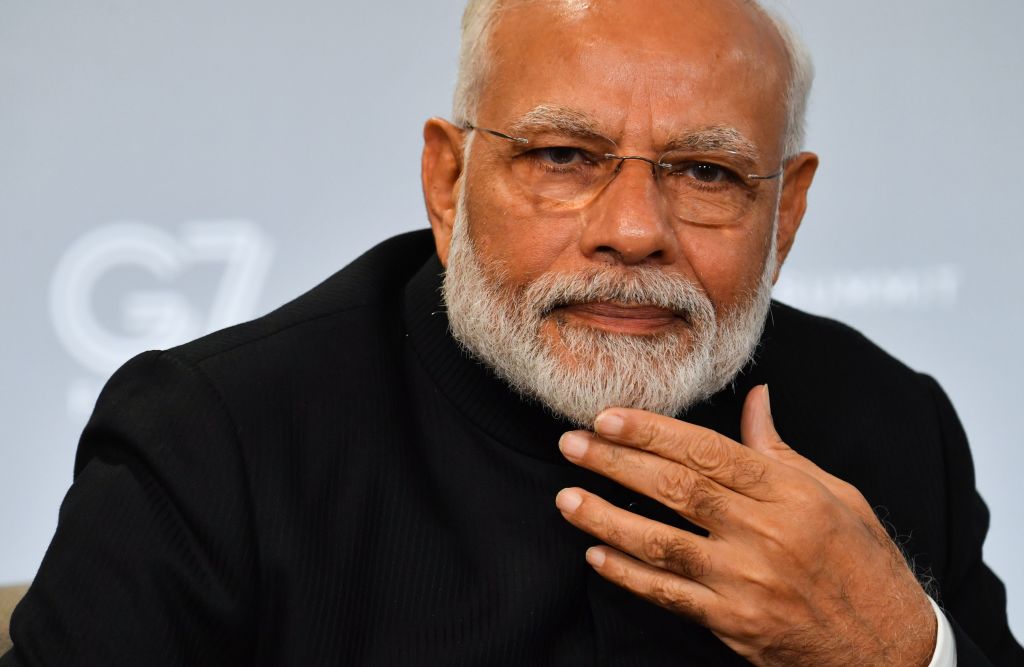- Friday, April 26, 2024

By: Shubham Ghosh
The Supreme Court of India on February 6 will hear pleas challenging the use of emergency powers to block the controversial BBC documentary on prime minister Narendra Modi and the allegations linked to the riots in the western state of Gujarat in 2002.
Modi was the chief minister of the state at the time.
A bench comprising Chief Justice DY Chandrachud and justices PS Narasimha and JB Pardiwala took note of the submissions made by serial litigant advocate ML Sharma and senior lawyer CU Singh seeking an urgent listing of their separate public interest litigations on the issue, NDTV reported.
Another petition was filed by veteran journalist N Ram, lawyer-activist Prashant Bhushan, and parliamentarian Mahua Moitra of the Trinamool Congress, one of the major opposition parties in the country.
Advocate Singh said the Modi government invoked emergency powers under the IT Rules to take down links related to the documentary from social media. He added that tweets by Ram and Bhushan were also removed and the government has not formally publicised the blocking order yet.
Kiren Rijiju, the law minister in Modi’s government, criticised the petitioners, accusing them of wasting the top court’s time.
“This is how they waste the precious time of Hon’ble Supreme Court where thousands of common citizens are waiting and seeking dates for Justice,” he tweeted.
Sharma’s petition called the government’s ban on the two-part documentary “malafide, arbitrary, and unconstitutional”.
The litigation also urged the apex court to examine both the parts of the documentary and sought action against those who were directly or indirectly involved with the riots.
The PIL also urged the top court to examine the BBC documentary – both parts I and II – and sought action against those who were responsible and involved directly and indirectly with the 2002 Gujarat riots.
On January 21, the government issued directions for blocking several YouTube videos and Twitter posts sharing links to the controversial BBC documentary ‘India: The Modi Question’ using emergency provisions under the Information Technology Rules 2021.
![]()